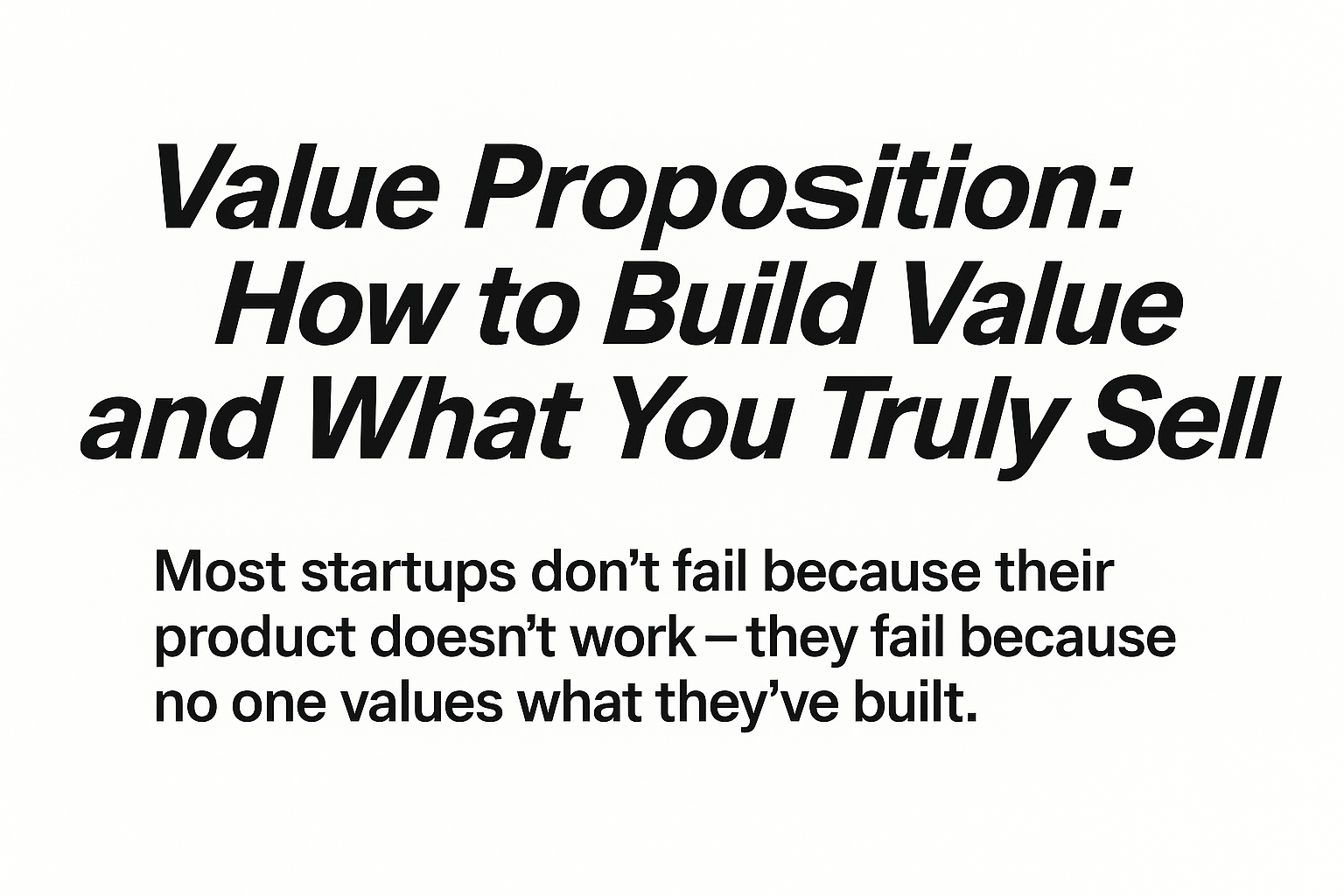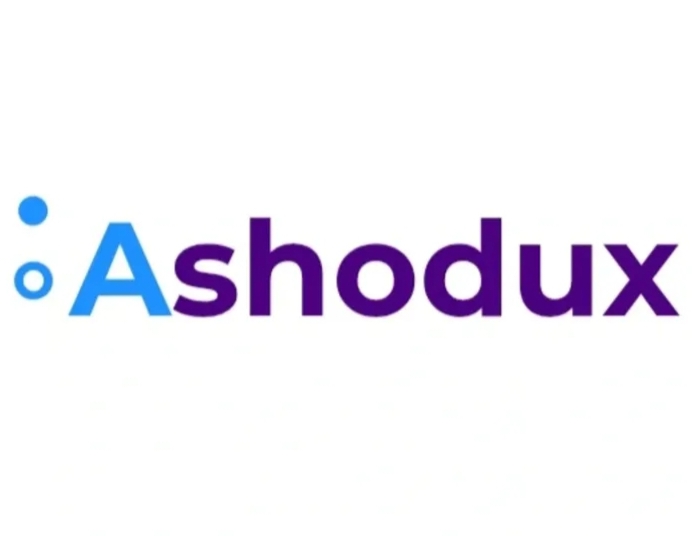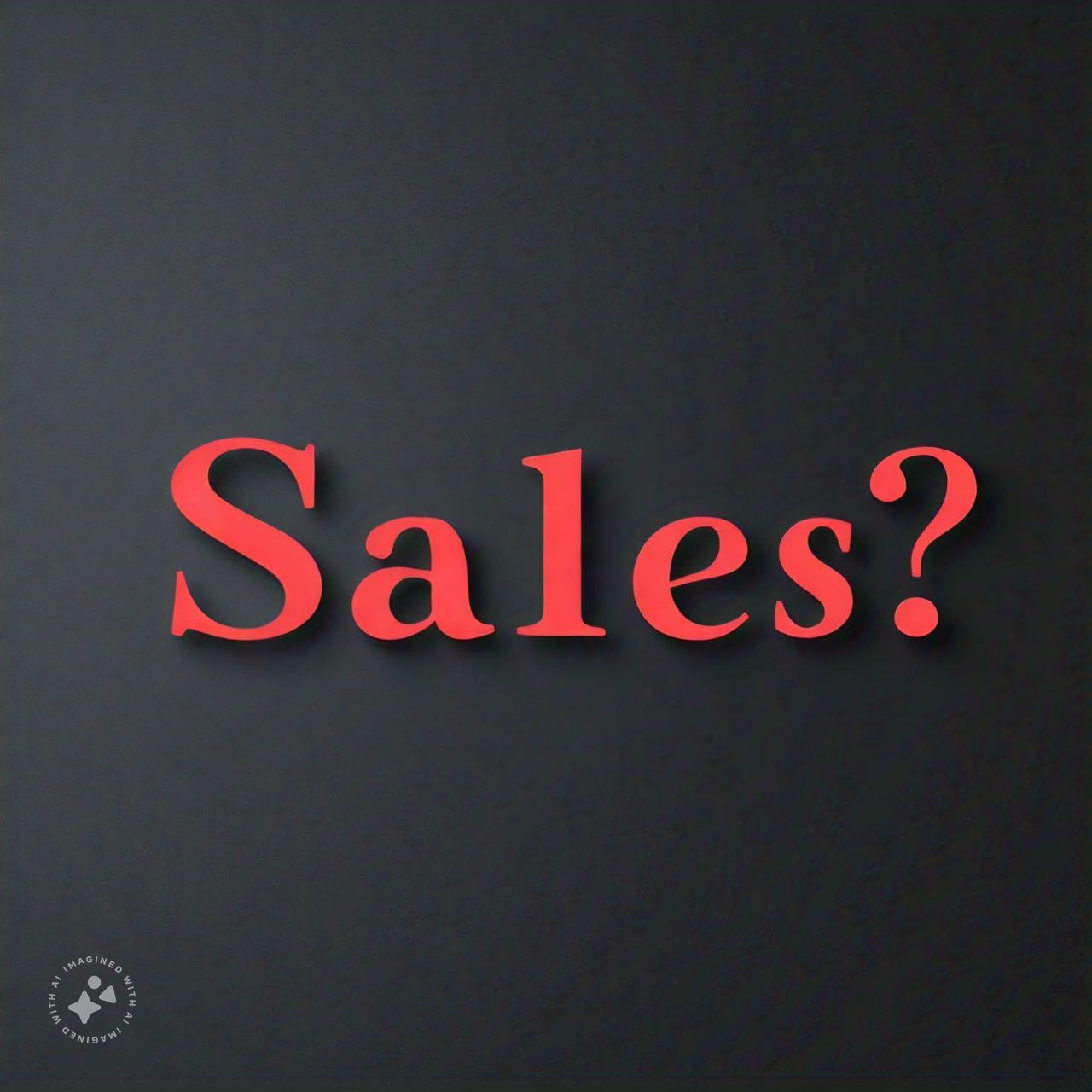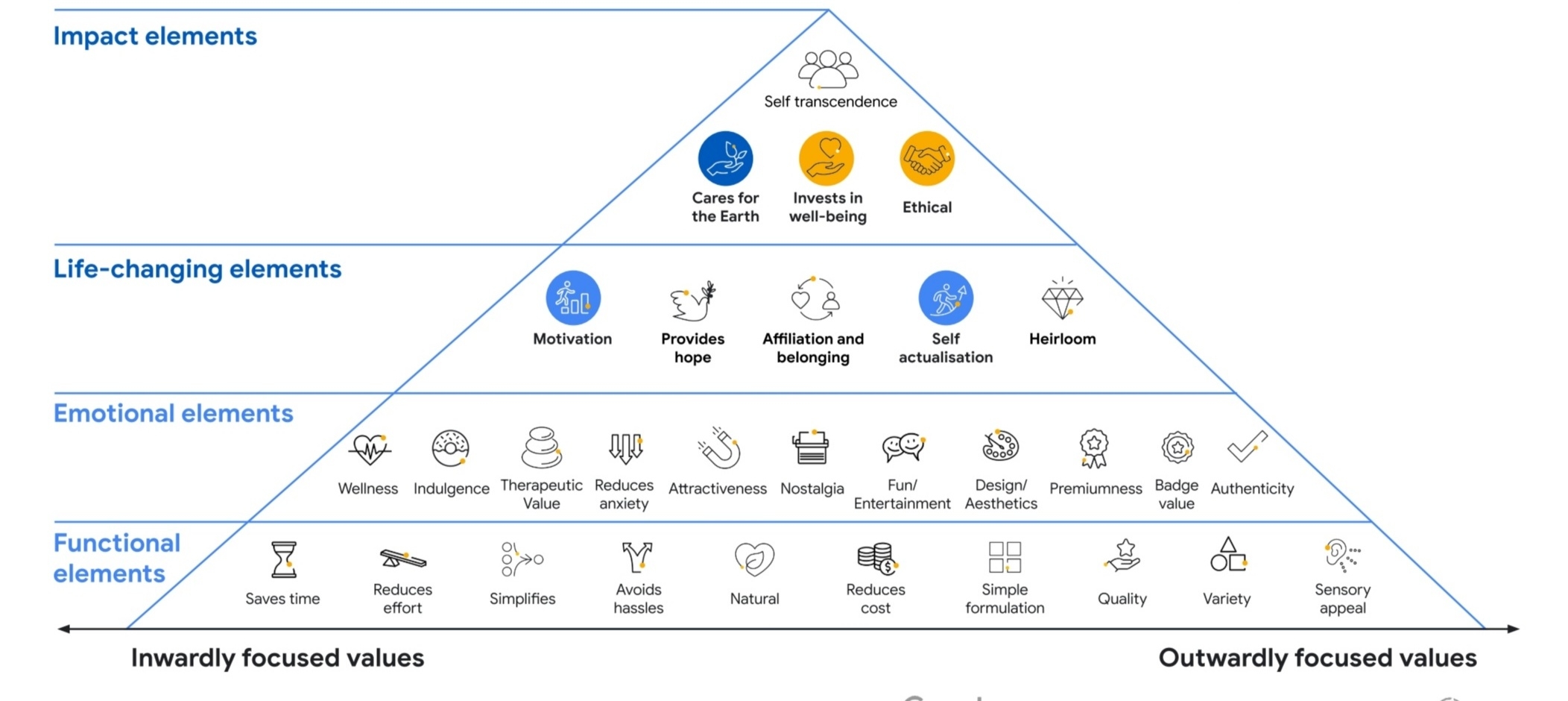Back
Vikas Acharya
Building Reviv | Ent... • 1y
Smart brands know a secret: People don't buy on price, they buy on perceived value. Here's the winning formula: 1. Tap Into Dreams: Understand your audience's aspirational self. What do they want to look like, feel like, be like? Align every product with that vision. 2. Mirror Your Market: Use models your customers can relate to. When they see someone like them rocking your product, they can picture themselves in it. 3. Create FOMO: Position your product as the bridge between who they are and who they want to be. Make it feel like the missing piece to their perfect life. Look at luxury brands - they never compete on price. They sell transformation, not just products. The higher the perceived value, the less price matters.
Replies (7)
More like this
Recommendations from Medial
Aditi
Will become a inspir... • 9m
“The IKEA Effect: Why We Value What We Build” The IKEA Effect is a psychological phenomenon where people place higher value on products they partially create themselves. The name comes from IKEA, where customers assemble furniture — and end up lovin
See MoreOnly Buziness
Everything about Mar... • 8m
“The Pricier, the Better: How the Veblen Effect Drives Luxury Brand Obsession” The Veblen Effect is a psychological phenomenon where demand for a product increases as its price rises—because the high price signals status, not just value. Luxury bran
See MoreTarun Suthar
CA Inter | CS Execut... • 3m
Day4 - Value Proposition: How to Build Value and What You Truly Sell 🤔 ⚠️ Most startups don't fail because their product doesn't work - they fail because no one values what they've built. Every startup begins with an idea. But customers don't buy
See More
Adithyan Selvaraj
Building Staynix🏠 • 1y
Thought of pricing the product directly instead of striking out the higher price and show the lower price. For example, The product cost is posted as Rs.5000 ,striked it and the final price is Rs.2000. Do you think that strategy still works? I th
See MoreDownload the medial app to read full posts, comements and news.


















/entrackr/media/post_attachments/wp-content/uploads/2021/08/Accel-1.jpg)


















